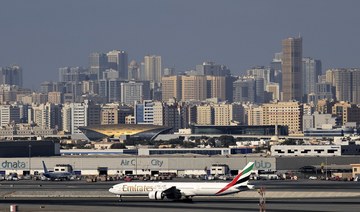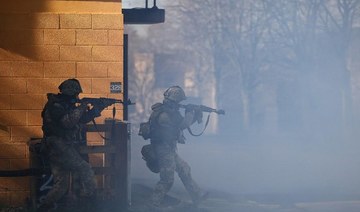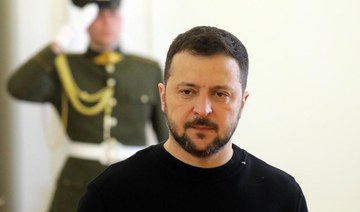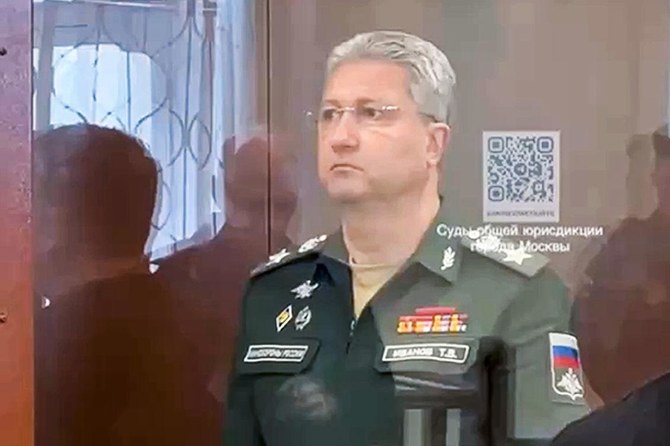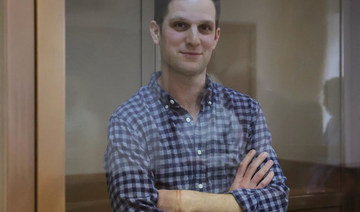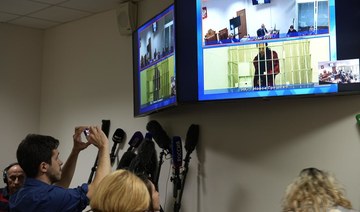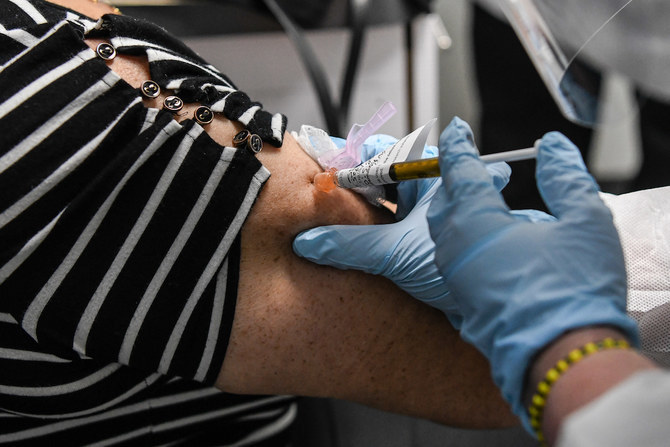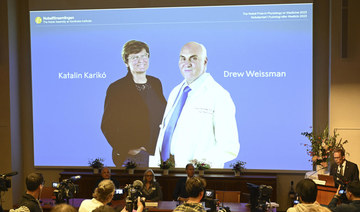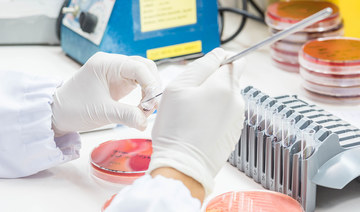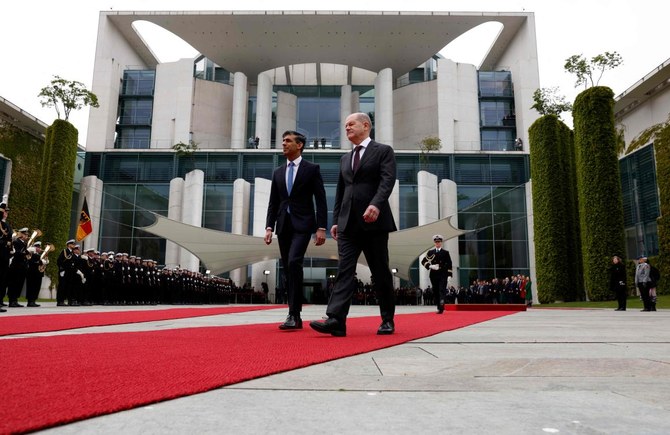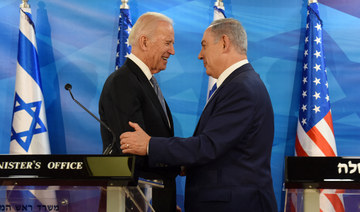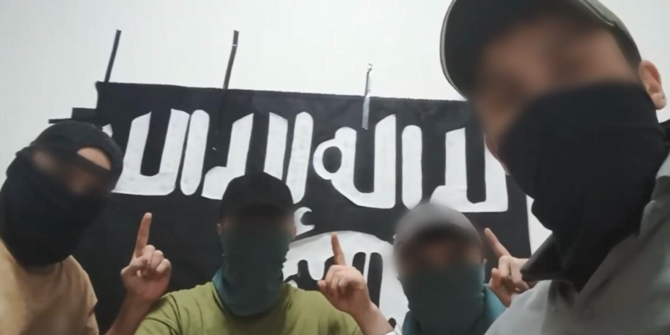TOKYO: Japan will send a million doses of COVID-19 vaccine to Vietnam, Foreign Minister Toshimitsu Motegi said on Tuesday, as the southeast Asian nation steps up vaccine procurement to fight a more stubborn wave of infections.
With a population of about 98 million, Vietnam’s tally of infections stands at 10,241, and only 58 deaths, since the pandemic began.
The shipment of AstraZeneca PLC vaccines produced in Japan is due to arrive in Vietnam on Wednesday, Motegi told reporters.
Japan is considering additional vaccine donations to Vietnam and Taiwan, and plans similar shipments to Indonesia, Malaysia, the Philippines and Thailand from early July, Motegi added.
Taiwan received 1.24 million AstraZeneca doses from Japan this month to counter a domestic resurgence of cases. Its government thanked Japan on Tuesday for considering additional aid.
“We will continue to maintain close communication with the Japanese side and look forward to the smooth arrival of the vaccines in Taiwan as soon as possible,” the island’s foreign ministry said in a statement.
Japan has pledged $1 billion and 30 million doses to the COVAX facility that provides vaccines to needy countries. But the shipments to Vietnam, Taiwan and other Asian neighbors are being made outside of COVAX to speed up delivery, Motegi said.
“If we go through an international organization, the procedures in getting approval may take time,” he said.
Japan has contracted to buy 120 million doses of AstraZeneca’s vaccine, which it approved last month. But there are no immediate plans to use it at home, as concerns linger over international reports of blood clots.
Taiwan has millions of doses on order worldwide but supply shortages have led to delays in receiving them, with just about 4 percent of a population of 23.5 million having received at least one shot as it battles the spike.
With just 132 new cases reported on Tuesday, the island is gradually bringing the domestic outbreak under control.
“The overall trend seems to be heading in a better direction, but we still can’t relax,” Health Minister Chen Shih-chung said in Taipei, the capital.




